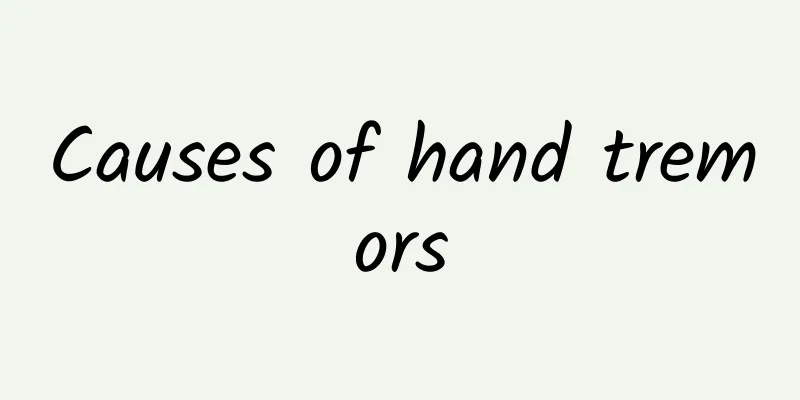Is Aristolochia toxic?

|
Modern medicine has developed relatively well, and the research on traditional Chinese medicine has become more and more in-depth. It has been confirmed that some traditional Chinese medicines contain certain toxicity and will cause great harm to human health. For example, Aristolochia is a common Chinese medicinal material and is widely used. However, it contains Aristolochia toxin, which can bring certain side effects to people's bodies. Let's take a look at whether Aristolochia is toxic. Aristolochia, also known as water horse fragrant fruit, snake ginseng fruit, triangle grass, and autumn wood fragrance pot, got its Chinese name because its ripe fruit is like a bell hanging under the neck of a horse. Aristolochia is a perennial twining herb. Its roots, stems and fruits are all called Aristolochia. Aristolochia has the effects of clearing the lungs and lowering qi, relieving cough and asthma, clearing the intestines and eliminating hemorrhoids. Its stem is called Tianxianteng, which has the effects of regulating qi, removing dampness, promoting blood circulation and relieving pain. Its root is called Qingmuxiang, which has the effects of promoting qi and relieving pain, detoxifying and reducing swelling. The main components of Aristolochic acid are aristolochic acids, such as aristolochic acids A to E, 7-methoxy-8-hydroxyaristolochic acid, and aristolochic acid. Aristolochic acids all have the same parent nucleus, and their types differ depending on the three substituents. Aristolochia toxicity Aristolochia contains aristolochic acid, and adverse reactions may cause kidney damage, etc. It should be used with caution in children and the elderly, and is forbidden to be used in pregnant women, infants and those with renal insufficiency. Excessive dosage may cause vomiting. Aristolochic acid is classified as a Class 1 carcinogen. Regions including Europe, the United States, Taiwan, and Hong Kong have banned the use of traditional Chinese medicine containing aristolochic acid, but many families in mainland China have traditional Chinese medicine containing aristolochic acid. Studies have shown that toxic herbs containing aristolochic acid are one of the important causes of liver cancer in Asia. In other words, traditional Chinese medicine containing aristolochic acid is one of the main culprits that make Chinese people prone to liver cancer. |
<<: Toxicity of Cyathula officinalis
>>: When is the best time to drink Siwu Paste?
Recommend
What to do if a long-term bedridden patient has constipation
Long-term bed rest will lead to a decline in moto...
What medicine is good for mosquito bites
Whenever summer comes, it is also a time when mos...
Men learn to maintain their health: Which sleeping position can enhance male sexual function?
For many men, being powerful in bed is what truly...
What to do if you have severe toothache
Toothache is different from other pains. The pain...
Zinc oxide ointment is effective for eczema
Eczema is a very common skin disease and there ar...
What is the difference between breast nodules and fibroids?
Breast nodules and breast fibroadenomas are inclu...
What causes dry mouth and fatigue?
In our daily lives, we always encounter some prob...
How to correct genital curvature
Everyone knows that the male penis plays a very i...
Signs that your eczema is improving
After treatment of eczema, there will generally b...
The efficacy and function of basil leaves
Many people don’t know much about Luobu Ma leaves...
What are the effects and functions of eight-angle maple?
Star anise maple is a traditional Chinese medicin...
Why does my left lower abdomen hurt during menstruation?
If you experience lower abdominal pain on the lef...
What are the early symptoms of hernia? How do hernias present in different groups?
Hernia is when a part of the human body tissue or...
Side effects of Dioscorea bulbifera
Chinese medicine is not without side effects, but...
The best treatment for allergic asthma, medication has a method
Allergic asthma is a condition in which patients ...









